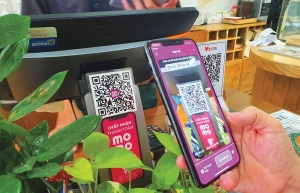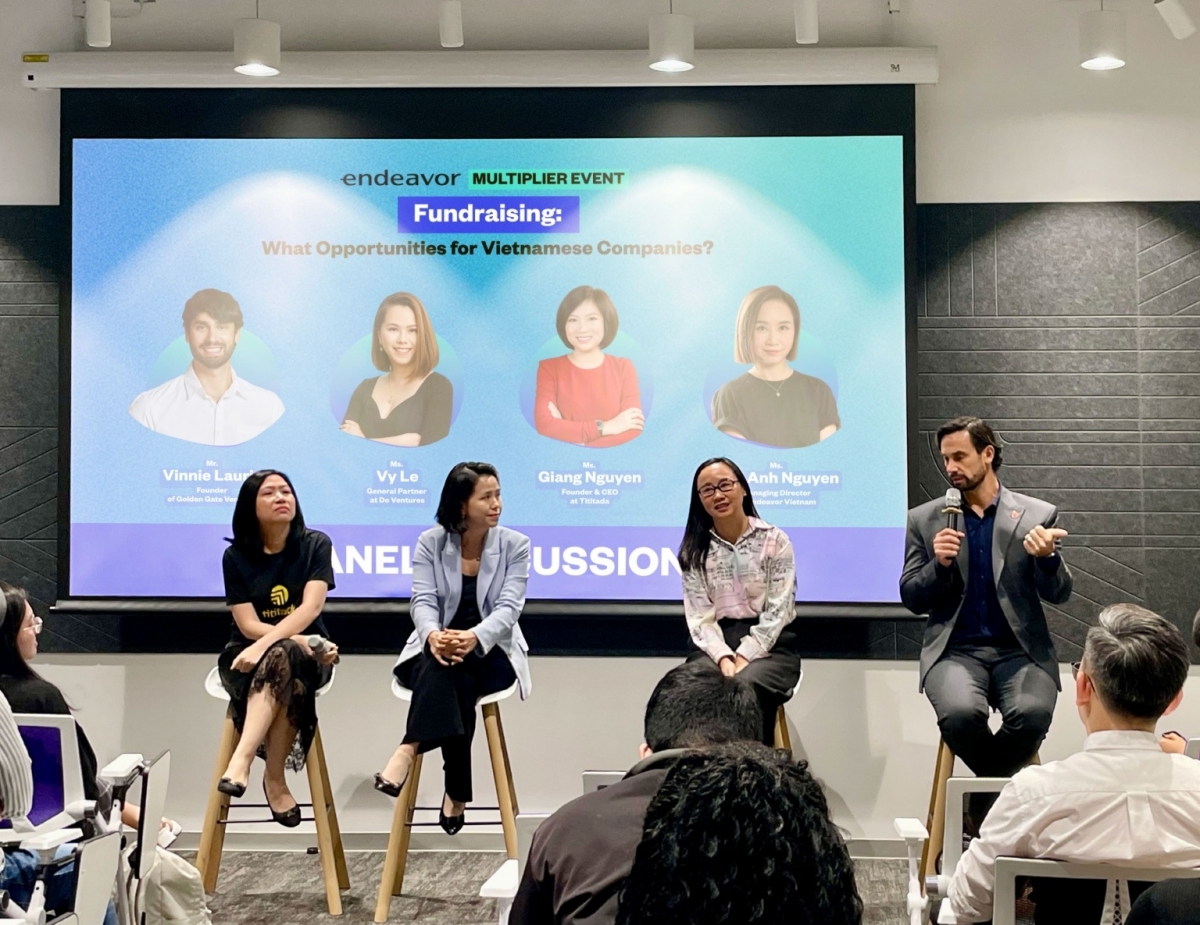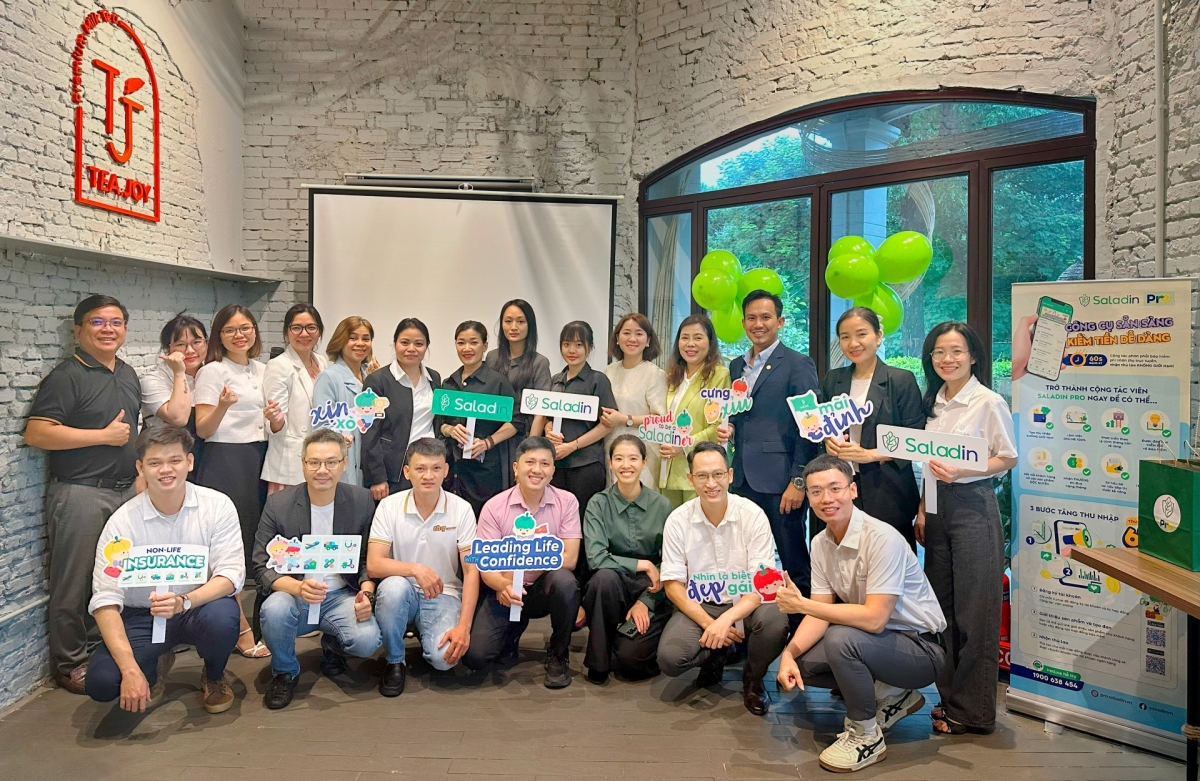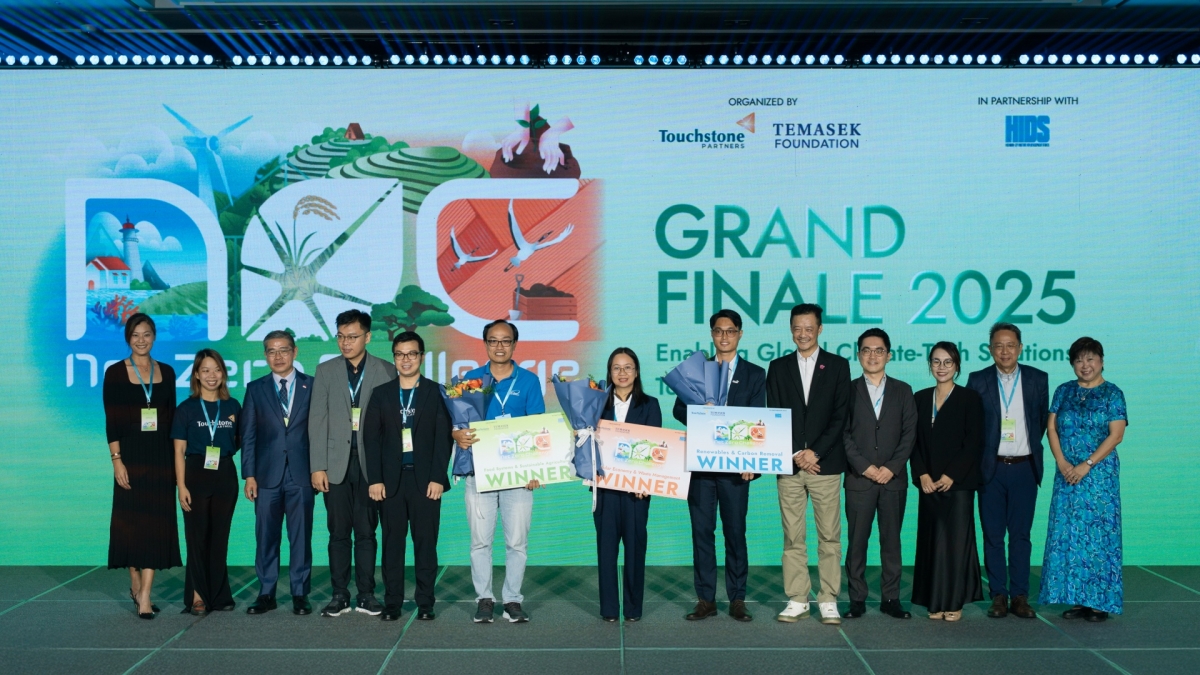INTERNATIONAL INVESTMENT
AND PORTAL
Vietnamese startups secured $855 million in fresh funding in 2022, which is only one-third compared to the value in 2021, according to a recent report by Nextrans.

Vietnam is seeing more and more early-stage investors newly established, expanded to Vietnam market or raised new Vietnam-focused funds from 2021 to 2022.
Among Southeast Asian countries, Vietnam is the hottest destination for investors pursuing a longer-term vision, according to a survey by Bain.Investors are confident in Vietnam’s long-term prospects, despite the current economic downturn and lack of funding.
According to DealstreetAsia, Vietnam has recorded 11 early stage venture capital funds focused on the market, with seven maiden funds and four others Vietnam focused funds including AVV, Do Ventures, Nextrans, ThinkZone, Touchstone Partners, VinaCapital Ventures. In terms of total AUM, there was $371 million raised and $200 million target needed to be raise in 2023 and 2024.
Since 2021, there have been more deals conducted by these Vietnam-focused funds, proving themselves as one of the most crucial support systems for early-stage entrepreneurs in the country. In contrast, the number of later-stage funds is still moderate, almost all of them are regional or global funds.
Although the dry powder became the highest ever, due to the economic headwinds, venture capital has become more cautious when investing in startups. Deal activity drops by half from 165 deals in 2021 to 85 deals in 2022. Meanwhile, deal value drops by one-third from $1.44 billion in 2021 to $855 million in 2022, reflecting a slow-down in investment, according to Nextrans.
While early-stage activity remains robust, total investment value dropped significantly in 2022 due to the absence of late-stage funding, highlighting the need to see more scalable businesses.
The report also points out that e-commerce remains the top to attract investment in 2022, which accounts for 31 per cent of the total funding amount, followed by fintech (26 per cent), then logistics and transportation (15 per cent).
Edtech and medtech and healthcare came next with 6 per cent and 5 per cent of total capital invested respectively. Foodtech, Proptech, Foodtech, and SaaS deals make up a total 8 per cent. Other industries’ deals account for the remaining 9 per cent, which mainly come from startups in the Media, Blockchain or the Travel industry.
After the peak of 2021, the investment amount and the number of deals done in 2022 decreased significantly due to the caution of investors in investment.
Investors are more selective regarding the investment stages and due diligence in startups. In terms of stages, most of the capital flows into early-stage startups, while later-stage investments are relatively few. Investors are now looking critically into the company's profitability and feasibility to exit for their investments.
 Vietnam has tools to latch onto startup movement
Vietnam has tools to latch onto startup movement
International venture capitalists are still optimistic on Vietnam’s startup scene amidst global headwinds. Vinnie Lauria, managing partner at Golden Gate Ventures, discussed with VIR’s Van Huong the future trends for venture capital funds and how the government could support startups.
 Promoting potential in fit-for-purpose startup scene
Promoting potential in fit-for-purpose startup scene
Vietnam is expected to be on fire with emerging startups and innovative technologies as 2023 unfolds. Herston Elton Powers, managing partner of 1982 Ventures, discussed with VIR’s Luu Huong on how to build an appropriate setting for the tech ecosystem, and several trends that are more likely to catch on this year.
 Fintech startups urged to think for long term
Fintech startups urged to think for long term
While tech businesses around the world struggle to raise funds, some fintech companies in Southeast Asia continue to receive large sums.
By Thanh Van



















